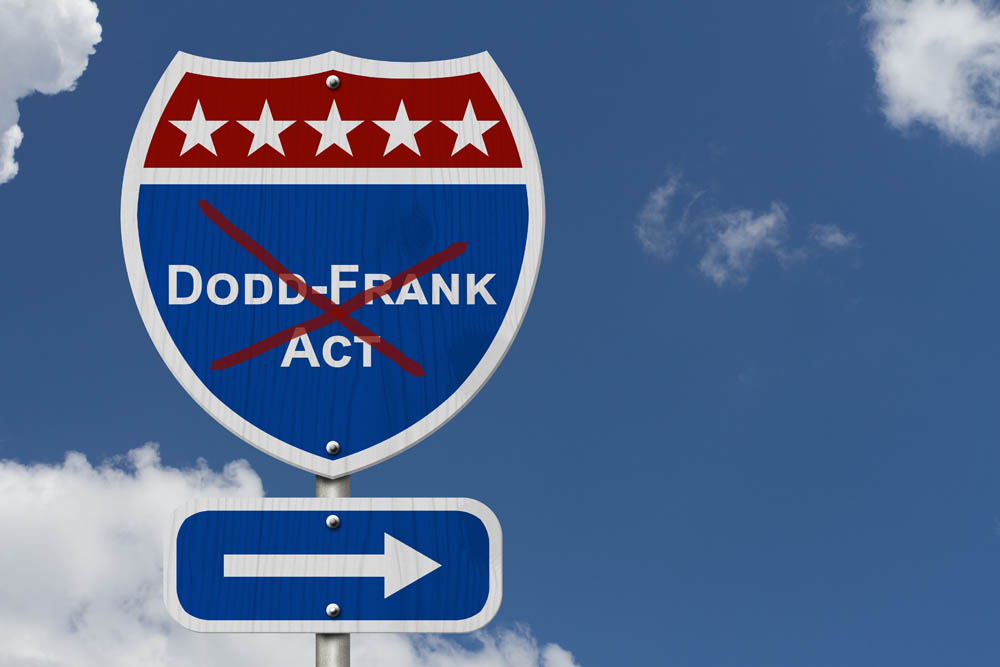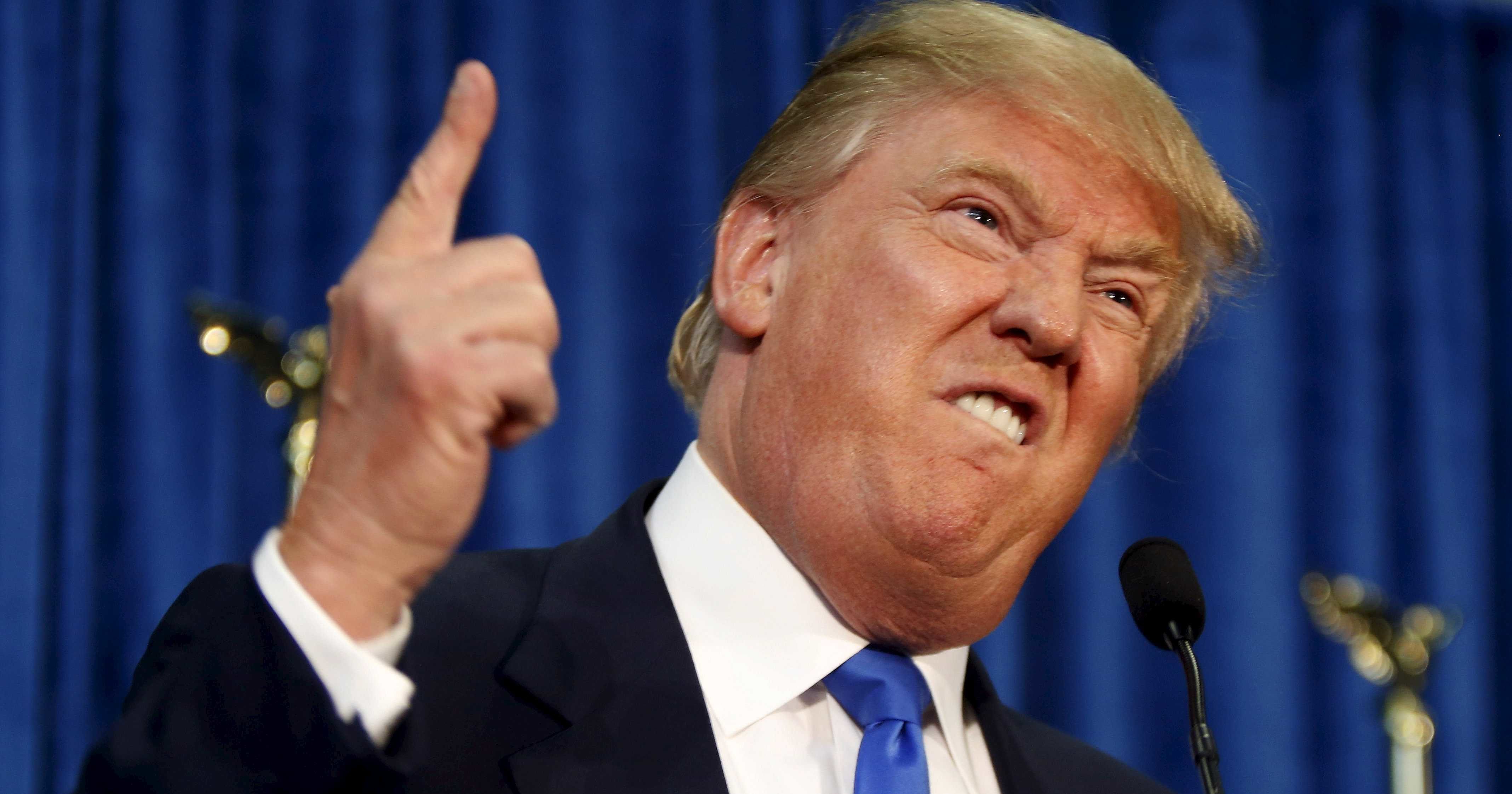
House Moves to Replace Dodd-Frank
Republicans in Congress have long talked about the need to replace the Dodd-Frank Financial Reform Act. President Trump made replacement of the Act one of his campaign promises, notwithstanding that components of Dodd-Frank were instrumental in helping to jump start the economy following the financial crisis and giving banks and financial institutions an opportunity to recover. The Consumer Financial Protection Bureau (CFPB) was established by Dodd-Frank to protect consumers in the financial sector. The CFPB is a prime target of the opponents to Dodd-Frank.
Earlier this month, the House took the first step to scale back Dodd-Frank. The Financial Choice Act passed the House Financial Services Committee on May 5 and will move on to the full House sometime this summer. The bill, sponsored by House Finance Committee Chairman Jeb Hensarling (R-TX) is designed to gut Dodd-Frank and is Representative Hensarling’s 2nd attempt to do so. It would take responsibilities away from the Federal Reserve and from the CFPB and lift restrictions on banks’ ability to invest in certain assets. The so-called “Volcker Rule” would be repealed which bans banks from making investments using their own capital. The Act would create a new bankruptcy subchapter for large financial institutions. This would eliminate the “too big to fail” mentality forcing failing banks into bankruptcy and eliminate TARP like government bailouts.
The bill would also provide banks relief from stress tests. Currently, stress tests are performed annually. The legislation proposes bi-annual stress tests. Each of these changes will weaken the public’s confidence in financial institutions’ strength and solvency. Changes to Dodd-Frank are certainly necessary; even Barney Frank, whose name is on the landmark legislation, calls for reform. But Representative Maxine Watters (D-CA), the ranking member on the House Finance Committee, calls the Financial Choice Act “one of the worst bills” she has ever seen.
The Act also would change the CFPB to the Consumer Financial Opportunity Agency. Like the CFPB, the new agency would have 1 director. However, the director would be removable by the president at will – a chief complaint under the current structure. Additionally, the agency would only have enforcement powers and no regulatory authority. All regulatory power would be in the hands of Congress.
There has not yet been any real discussion or support for this bill in the Senate and the Administration’s response has been tepid. Yet, given the president’s appetite for victories, it is possible he could get behind this still and make a push.
I have often argued change is always good. But change just for change sake is a waste and is unwise. If politics could ever be removed from this discussion, there are many changes to Dodd-Frank that both Democrats and Republicans could support and that would benefit consumers and banks. Unfortunately, we aren’t anywhere near having that discussion.




No Comments
Sorry, the comment form is closed at this time.